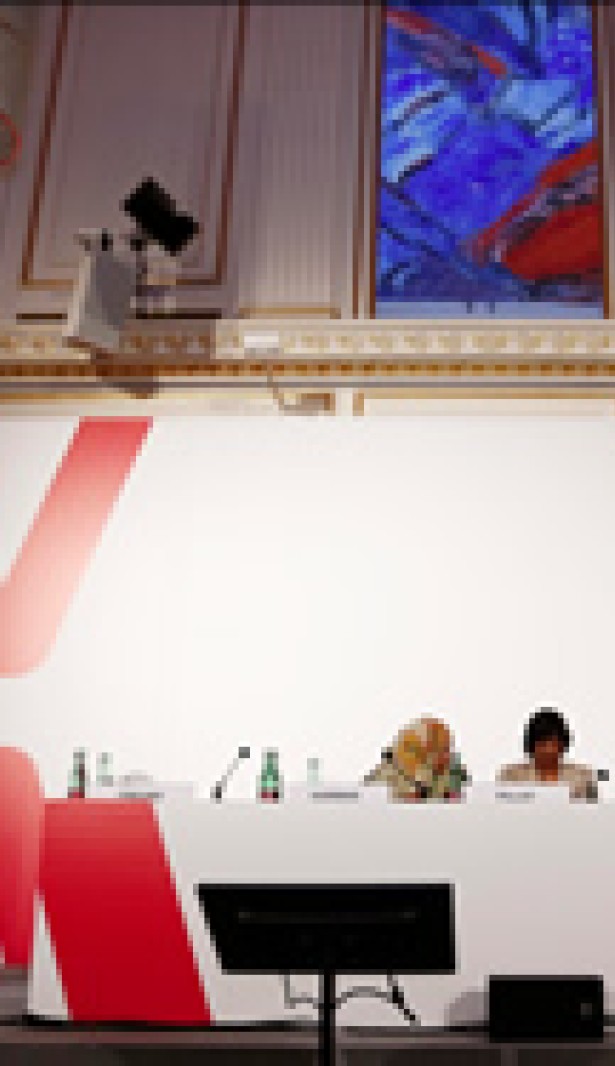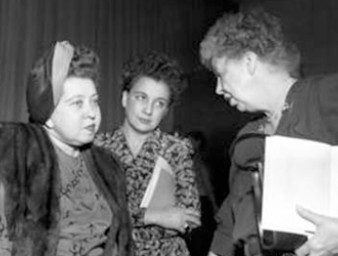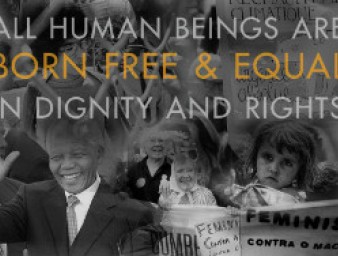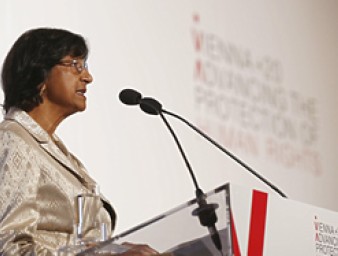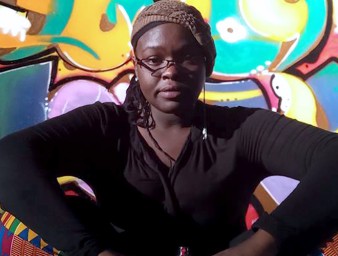The Vienna+20 conference looks to the future of the global human rights movement for the next two decades
28 June 2013
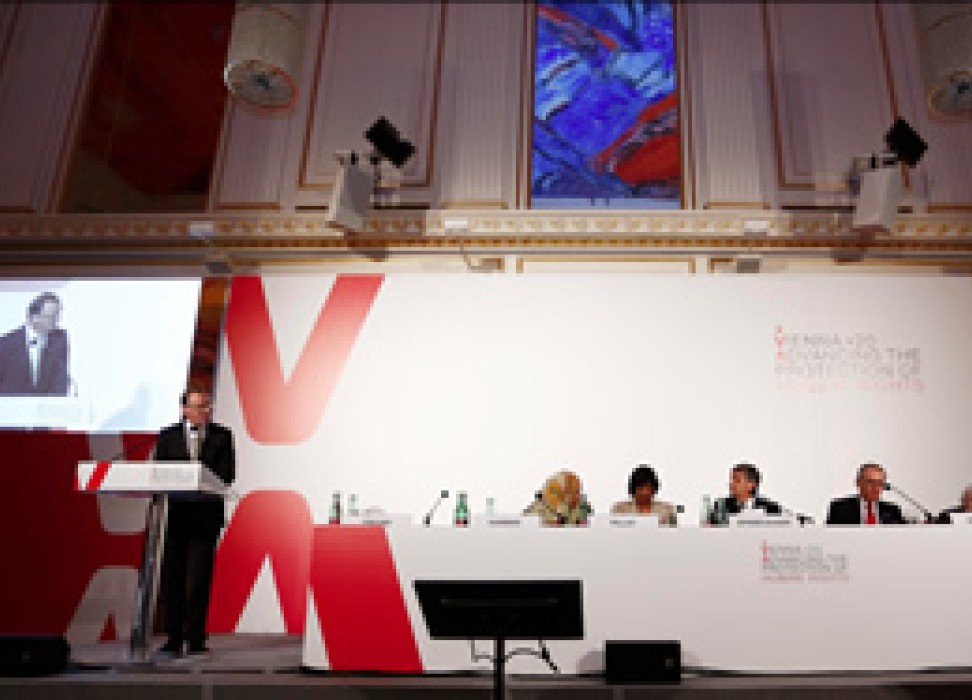
The World Conference on Human Rights, held in Vienna in 1993, was one of the most significant events in the development of the human rights movement since the Second World War. Vienna+20, held on 27 and 28 June and organized by the Austrian Government in cooperation with the Office of the High Commissioner for Human Rights, celebrated the achievements in the two decades since and analysed the challenges that lie ahead.
Expressing her gratitude to the Austrian Government for offering an opportunity to “take stock”, the United Nations High Commissioner for Human Rights, Navi Pillay said in her closing address to the Conference, that it had been immensely valuable to ask whether States and other human rights actors had been faithful to the vision of the Vienna Declaration and Programme of Action (VDPA), the landmark outcome document produced at the conclusion of the 1993 World Conference.
“It is vital for us to maintain momentum, and stick to the path laid down by the VDPA,” Pillay said. “We must refuse to compromise on the hard-won fundamental human rights-compliant laws, standards and institutions that have been built up over the past half century. These need to be consolidated, expanded, and strengthened,” she said.
Civil society representatives met in parallel to Vienna+20 and, in their conclusions, called for a World Conference on Human Rights in 2018. In their concluding Declaration, they noted that despite progress made in human rights protection, vested interests, in particular corporate interests, tend to prevail. Thecivil society Declaration referred to “lack of adequate forms of legal sanctions as compared to other legal regimes such as international commercial laws.”
Pillay pointed to business and human rights as a “major and developing area”, in particular the role of transnational corporations and financial institutions.
Human rights experts attending Vienna+20 met in three special working groups to review progress since the World Conference in three key areas: strengthening the rule of law; realizing women’s human rights; and constructing a human rights-based approach for the post-2015 development agenda when the United Nations Millenium Development Goals program concludes.
The Working Group on the rule of law examined today’s system founded on human rights treaties which offers individuals the opportunity to pursue grievances and the relationship between the operation of the human rights structures and the international criminal justice system.
The VDPA emphasized the rule of law as essential for the effective protection of human rights. It paid particular attention to the rights of victims, especially women, children and minorities, to access justice and obtain adequate reparations.
The Group also considered the concept of a World Human Rights Court – a proposal debated in the human rights community over many decades.
The High Commissioner spoke of the “encouraging desire, not only in this Conference, but in the wider world, to fight impunity – not for those responsible for abusing civil and political rights only, but also for those responsible for corruption and economic mismanagement which has led to financial disaster for many individuals, groups and, in some cases, entire nations.”
Acknowledging the discussion of “new accountability courts”, Pillay said, “These are certainly possibilities for the future, but they should not be developed at the expense of the existing mechanisms, which have served us well and could serve us better.”
“Rome was not built in a day,” she said. “Nor was the fulfilment of the promise of Vienna.”
One of the outstanding achievements of the World Conference on Human Rights in 1993 was the recognition that ‘women’s rights are human rights’.
Twenty years on, the Working Group on the realization of women’s rights focused particularly on the role of women in political and public life.
Acknowledging the part women journalists and human rights defenders have played as agents for change, the Working Group noted, however, that often they remain outside decision-making processes. The Group spoke in its conclusions of there being plenty of formal obligations to promote, respect and protect the human rights of women and said it is now time to insist that Governments and all duty bearers comply. It underlined the importance of ensuring young women and girls are participants in the key decisions in their lives and then only when they are old enough to make considered choices.
The global community is currently crafting the development agenda post-2015 when the deadlines for realizing the United Nations Millennium Development Goals expire. The third Working group explored options to ensure that human rights are integral to the succeeding programme. The Group acknowledged that the incorporation of human rights principles – equality, non-discrimination, participation and accountability, into development programmes has been uneven. The experts sought answers to the central question of “How can groups suffering the greatest discrimination, such as, persons with disabilities, minorities, migrants, women and children, be recognised as human rights claim-holders, rather than passive beneficiaries of charitable assistance?”
The integration of human rights into the post-2015 development agenda was also a theme taken up by the UN independent experts at their annual meeting held in Vienna to coincide with the conference. The Special Procedures mandate holders, as they are known, investigate and report on thematic mandates such as torture, women’s rights and health and on specific countries.
In their concluding statement, the independent experts urged protection for human rights defenders; access to justice and remedy for all on an equal basis; recognition of the role played by civil society; and they rejected any questioning of the universality of human rights principles on the basis of traditional or cultural values.
“Most of the fundamentals are in place,” the High Commissioner said. “The problems are more to do with implementation, political will, and the deployment of sufficient human and financial resources.”
Pillay welcomed the recognition that the goals set down in the Vienna Declaration are “still valid, and still worth fighting for, in 2013.
“We leave here knowing we have much to do if we wish to pass on a better world to a next generation that is better educated, more tolerant and less violent than that which finally thrashed out a long-term human rights vision in Vienna 20 years ago,” she said.
28 June 2013
